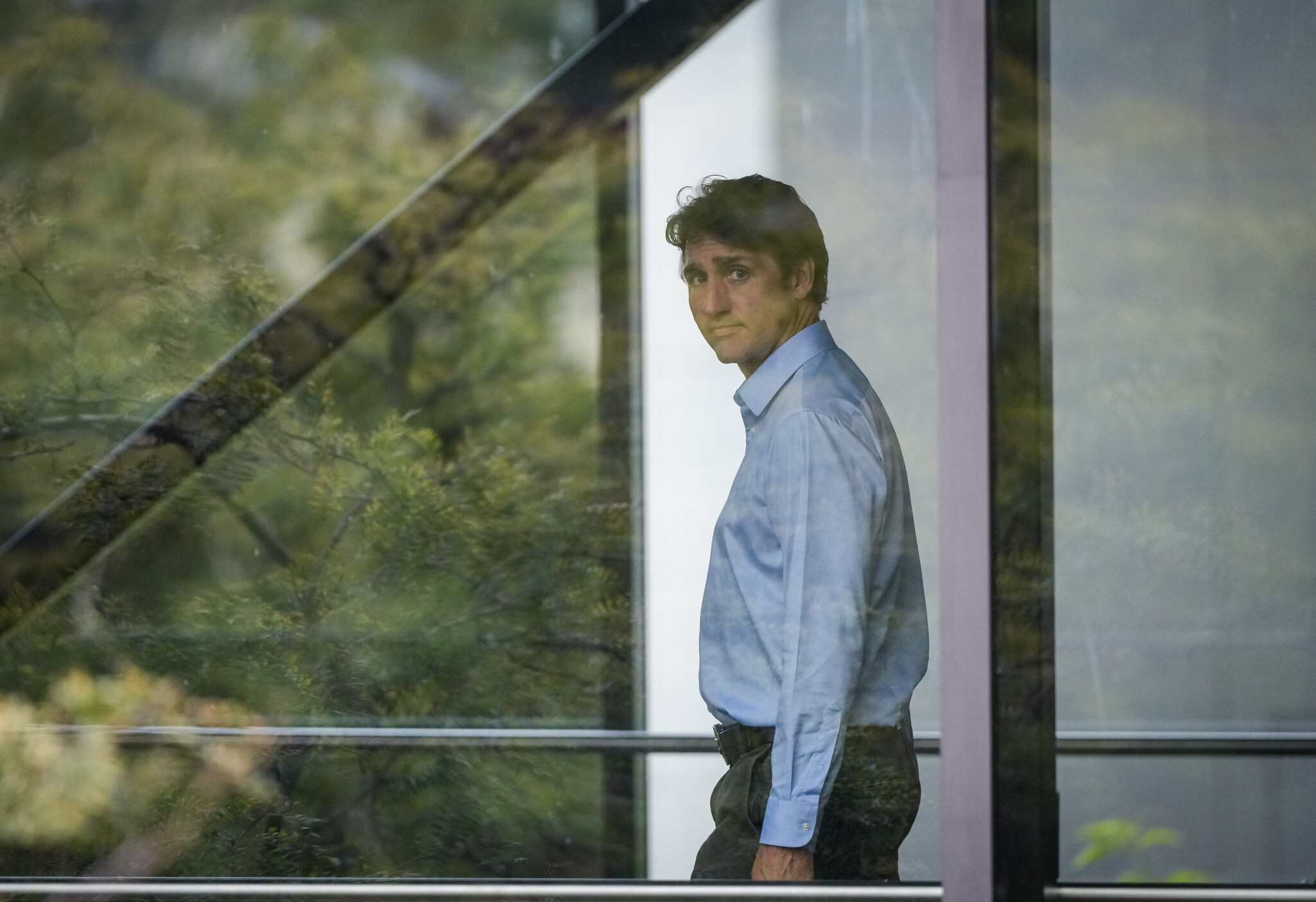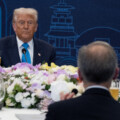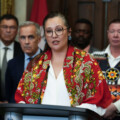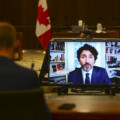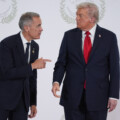Last night, the Liberal Party was dealt another two major blows, losing byelections in the ridings of LaSalle-Émard-Verdun in Montreal and Elmwood-Transcona in Winnipeg. The losses will likely lead to increased calls for Prime Minister Trudeau’s resignation.
The biggest loss for the Liberal Party was in Quebec, where their candidate Laura Palestini was narrowly defeated by Bloc Québécois candidate Louis-Philippe Sauvé, who won 28 percent of the vote. Liberal candidate Laura Palestini came in second, winning 27.2 percent.
Back in 2021, now outgoing Liberal MP and former minister of justice David Lametti won 42.9 percent of the vote, with the Bloc Québécois coming in second with 22.1 percent. LaSalle-Émard-Verdun had been a Liberal stronghold following the historic “Orange Wave” of 2011, where dozens of NDP MPs were elected by Quebec voters. Before that, former Liberal Prime Minister Paul Martin held the riding from 1988 to 2008.
Out west, NDP candidate Leila Dance won the vote in Winnipeg’s Elmwood-Transcona by 48.1 percent, with Conservative Party candidate Colin Reynolds coming in second with 44 percent of the vote. Liberal candidate Ian MacIntyre came in a distant third, only winning 4.8 percent. The NDP has historically held this district since 1988. The only time the party lost since then was to the Conservatives in 2011. However, the NDP won it back during the 2015 federal election and it had been a stronghold since.
Here are five Tweets reacting to two monumental byelections that could decide Prime Minister Trudeau’s political future:
In Montreal, Liberal candidate Laura Palestini left her election party headquarters after giving a speech thanking volunteers, despite only five percent of the votes being counted.
Things are so bad for the Liberals in Montreal that their LaSalle—Émard—Verdun byelection candidate Laura Palestini just ran away from her own election night watch party with only 5% of the polls reported. pic.twitter.com/1UuVdrdxXX
— Cosmin Dzsurdzsa (@cosminDZS) September 17, 2024
After Louis-Phillipe Sauvé’s win, early this morning, Yves-François Blanchet, leader of the Bloc Québécois, congratulated his victorious candidate. The separatist leader reiterated that this was a historic win and that Quebec would now have a stronger voice in Ottawa. The Bloc will now play an integral role in keeping the Liberal minority government afloat, now that their supply and confidence agreement with the NDP has been abandoned.
This electoral win is notable since separatist parties have been seeing a resurgence in popularity. If polls are correct, the Parti Québécois, Quebec’s provincial sovereignist and social democratic political party, is currently heading towards winning Quebec provincially. They are leading in provincial polls, sitting at 30 percent.
Bonsoir,
— Yves-F. Blanchet :reminder_ribbon::fleur_de_lis: (@yfblanchet) September 17, 2024
Je prends un moment cette nuit pour féliciter le nouveau député de LaSalle-Émard-Verdun à la Chambre des Communes, Louis-Philippe Sauvé, toute l’organisation et les militants et militantes du @BlocQuebecois, ainsi que les candidats et candidates dans cette élection… pic.twitter.com/nVjEmtZP4k
One major point of contention the Liberal campaign faced in Montreal was when 52 mostly Arab and Muslim political staffers refused to campaign in the riding, penning a letter to their leader because of what they described as his government’s pro-Israel position in the Israel-Hamas war. Meanwhile, the NDP candidate campaigned using pamphlets that featured him in front of the Palestinian flag.
There were a whopping 91 registered candidates, making this the longest byelection ballot in Canadian history.
Seventy-nine candidates were a part of the Longest Ballot Committee. The advocacy group’s tactic of registering numerous candidates is an attempt to shine a spotlight on the Liberal’s broken 2015 promise to get rid of our first-past-the-post electoral system.
Due to the long list of candidates, Elections Canada said there might be a delay in the counting process.
It’s byelection day in LaSalle–Émard–Verdun! A once in a lifetime chance to see the longest ballot in Canadian history for yourself. Don’t miss out, go vote :heart: pic.twitter.com/UUltpJhhmy
— Longest Ballot Committee: LaSalle–Émard–Verdun (@LongestBallot) September 16, 2024
Commenting on the Winnipeg byelection, Globe and Mail columnist Andrew Coyne wondered if the Liberal results were the lowest numbers ever for a governing party.
With 29 per cent of the vote counted in Elmwood-Transcona, the Liberal candidate has 4 per cent of the vote. Anyone know the record for the lowest share of the vote by a candidate for the governing party in a byelection?https://t.co/UaXNnis8zq
— Andrew Coyne :flag-ua::flag-il: (@acoyne) September 17, 2024
According to economist and Hub columnist Trevor Tombe, the last time a governing party came close was in the 1990 byelection in Laurier-Sainte-Marie. Back then, Progressive Conservative Party candidate Christian Fortin only got 4.5 percent of the vote in that Quebec riding. It was the first byelection after the Meech Lake Accord. The winner was Bloc Québécois candidate Gilles Duceppe.
Today, Prime Minister Justin Trudeau, a Montreal MP himself, congratulated those who ran and those who volunteered. When asked what went wrong, he responded that “[T]here’s all sorts of reflections to take on that.”
.@JustinTrudeau on byelection loss in Montreal: "There's all sorts of reflections to take on that." #cdnpoli
— Stephanie Ha (@stephanie_ha) September 17, 2024
More: https://t.co/bxRsflV1Ij pic.twitter.com/rVzqyGXnY2
The Liberal’s losses last night follow a historic defeat in Toronto-St.Paul’s this summer, another longtime Liberal stronghold. As the opposition parties find more signs of Canadians rejecting the governing party, some are predicting a federal election could come sooner rather than later.
